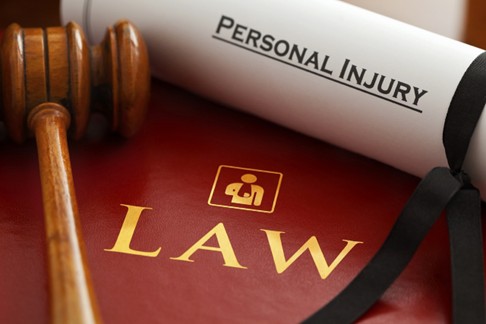How to Get More Money From a Personal Injury Claim
Every year, countless individuals suffer injuries from car accidents, slips and falls, workplace incidents, defective products, medical errors, and even nursing home abuse. Many of these victims seek justice by filing personal injury claims to recover damages for their losses.
If you’ve been harmed due to someone else’s actions, you may be entitled to compensation for both your injuries and financial setbacks. The amount awarded in a personal injury case can vary depending on several factors, but taking certain steps can significantly increase the likelihood of maximizing your compensation.
Avoid Accepting the First Offer
Insurance adjusters often start negotiations by offering a very low amount. This strategy is used to gauge your understanding of your claim’s value and test your patience. When you receive an initial offer, your response should depend on whether the amount is unreasonably low or just slightly below your expectations. If the offer is somewhat reasonable, you can counter with an amount slightly lower than what you stated in your demand letter. This demonstrates your willingness to compromise and approach the negotiation reasonably.
A bit of back-and-forth should lead to a fair settlement for both parties. During these discussions, avoid rehashing all the details. Instead, focus on highlighting the strongest points in your favor, such as the insured’s clear fault in the incident.
Never Settle for the Initial Offer
It can be tempting to accept the first settlement offer after the defendant admits liability. However, insurance companies prioritize their own interests, often offering less than what you may be entitled to. To secure fair compensation, your solicitor must clearly demonstrate why the offer falls short using strong evidence.
Simply claiming the amount is insufficient rarely results in a better offer. By working with a specialist solicitor who understands the average car accident settlement and can effectively present the necessary evidence, you’ll have a much stronger chance of rejecting low offers and achieving a compensation amount that truly reflects your entitlement.
Set a Clear Settlement Goal
When preparing your personal injury settlement demand letter, you will have assessed a range that represents what you believe your claim is worth. Before discussing this with an insurance adjuster, establish the minimum settlement amount you are willing to accept within that range. Keep this figure confidential and avoid disclosing it during negotiations.
Having a clear bottom line in mind will guide you as offers and counter-offers are exchanged. However, this minimum amount is not set in stone. If the adjuster raises valid points that weaken your claim, you may need to reconsider and lower your initial figure. Conversely, if the adjuster’s offer is too low, near your minimum, or if new evidence strengthens your case, you should consider adjusting your expectations upward.
Emphasize Emotional Points in Your Favor
During negotiations, highlight any emotional aspects that support your claim. For instance, reference a particularly impactful photo you’ve shared with the adjuster, such as a heavily damaged car or a serious injury.
Mention evidence like a beer bottle found in the other driver’s car, suggesting possible alcohol involvement. If similar accidents have occurred in the same manner at that location, bring it up. If your injury affected your ability to care for your child, emphasize how your child was impacted. While these factors can’t be assigned a specific monetary value, they can strongly influence an insurance company to settle your claim.
Endnote
Maximizing the settlement value of a personal injury case requires careful attention and the support of a skilled personal injury attorney. Prioritizing medical care, thoroughly recording your damages, enlisting legal expertise, staying patient, and being ready to proceed to trial are vital steps to increase your settlement’s outcome and secure the compensation you deserve.

